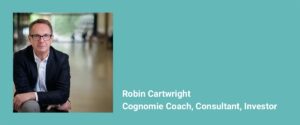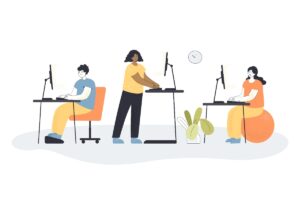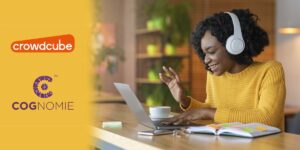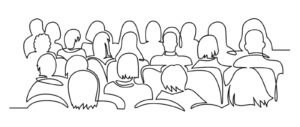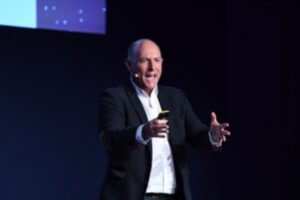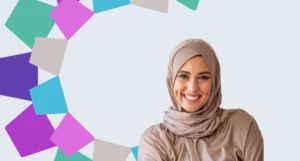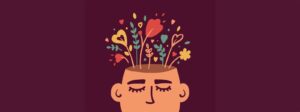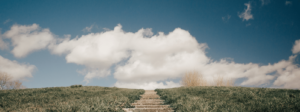Creativity requires confidence.
By definition creativity requires self belief and self confidence. Whatever the form of creativity – art, design, advertising, music, entrepreneurialism, a new product or service, a new idea – creativity is the act of bringing something new into the world.
We should never underestimate the confidence that requires. By definition the new is unfamiliar, a road not yet travelled. Part of our reverence and celebration of the role of creative people in society is our admiration at their confidence in advancing ideas that may not take hold and find a home. They may fail. But at the beginning of every idea at least one person has confidence in its possibility. Creativity always comes with the risk of failure and rejection. Without the creative confidence and belief of creative people the energy and innovation of creativity would not power our world forward.
This is particularly true within the creative sector. Creative workplaces like design studios, architectural practices or communications agencies design their processes and systems to try and ensure that early stage creative ideas can flourish and see the light of day and so that people can feel confident that sharing ideas that are not yet fully formed can be done safely and securely. Brainstorming sessions, creative workshops, creative concept development processes are all designed to allow ideas to be shared with confidence.
Processes to support creative confidence exist. But do we pay equivalent attention to confidence as a vital attribute of the individuals that drive creativity?
Here at Cognomie confidence is one of the 12 key foundations of Mental Fitness. We think it should be nurtured, developed and supported like any other skill in business.
So what is confidence and how can we nurture it?
Confidence is more than just self esteem. Whilst self esteem can be a part of self confidence it is not the only part. People with high self esteem can potentially perform confidence better than others. But confidence is not a performance:
“Real confidence is not really about outward appearances but about an inner decision to simply try and accomplish something. It’s not about looking as if you’re an expert, it’s about taking the time to gain the knowledge that turns you into a true expert. It’s a trust in your ability to try.”
Real Confidence, Psychologies Magazine
Confidence originates from firstly understanding how much knowledge we already have (and often it is more than we may first allow ourselves to realise) and from understanding our own capabilities at gaining knowledge when we need it (which we are often better equipped to do than we allow ourselves to realise). Confidence also links closely to courage. Our definition of courage is the ‘strength to share thoughts and feelings, trust others and a willingness to show vulnerability in order to learn’.
So confidence originates in self reflection and self understanding. One of the most common themes we hear repeated in our own ‘Coaching for Excellence’ review sessions, when our Transformational Coaches reflect on their experiences and best practice is the satisfaction they gain from seeing coaching clients first gain insight and self awareness around their knowledge and capabilities then see this used as the raw materials to build stronger foundations of confidence that in turn drive their creativity and purpose. Confidence built from awareness of their own knowledge and capabilities.
So what now? Let’s create confidence together.
Are you trying to develop creative solutions to wellbeing and strengthening Mental Fitness in your organisation? If you’d like help to take this further, we’d love to talk and we’d love to hear your ideas about building confidence as an individual and an organisation.
Read: Check out our post on building a wellbeing strategy in your organisation. Click here.
Coach: Experience Transformational Coaching for yourself with a FREE 1 hour coaching session with one of our highly experienced Coaches.
Audit: Use our scorecard tool to identify key areas of focus for your organisation.
Consult: Book a free 1hr chat with one of our consultants to talk more about wellbeing strategy and help focus action.








